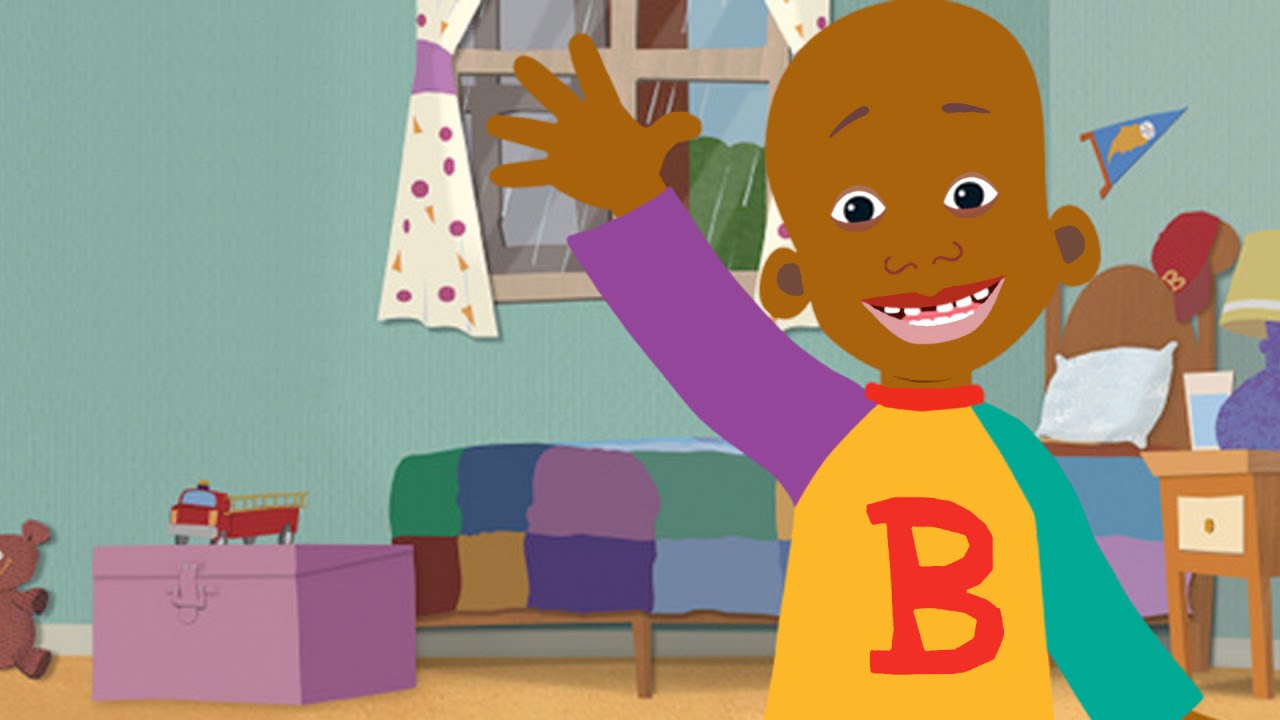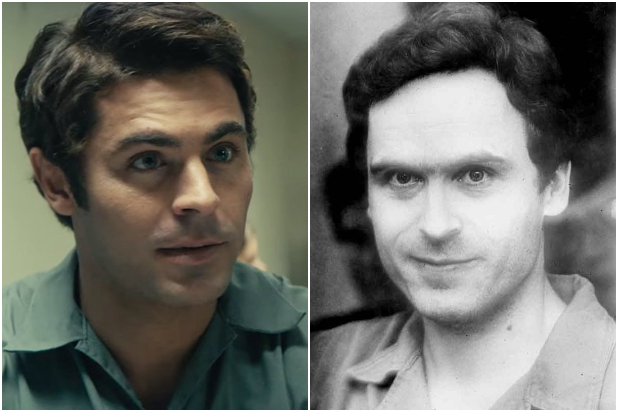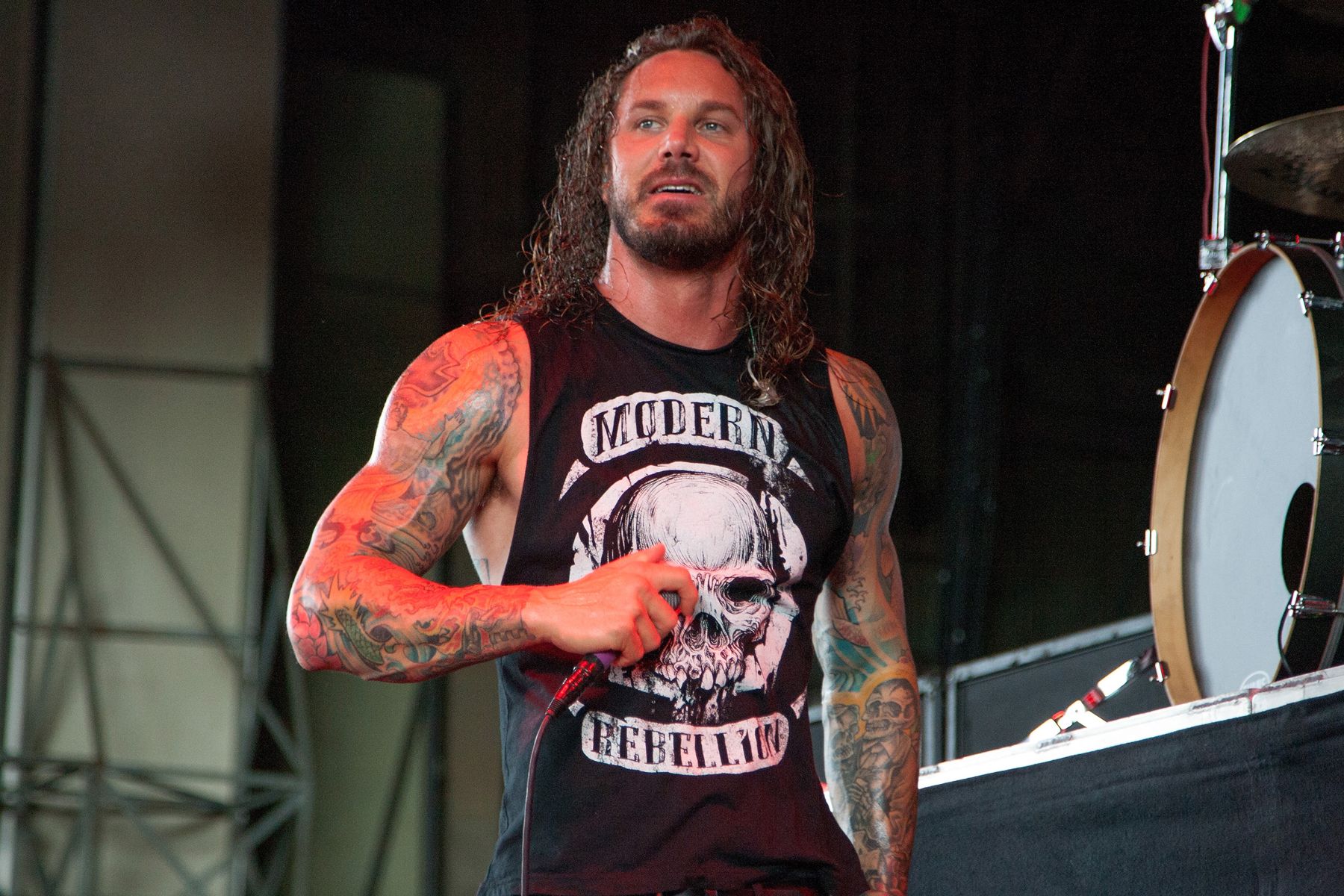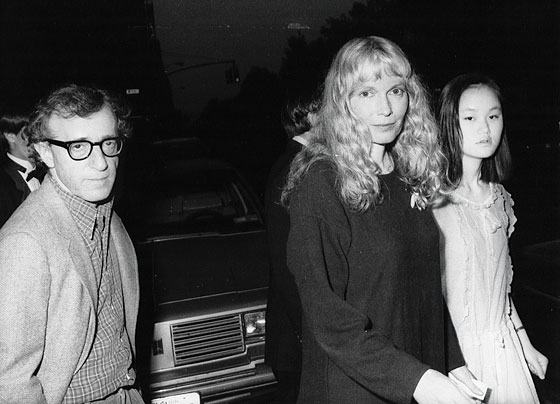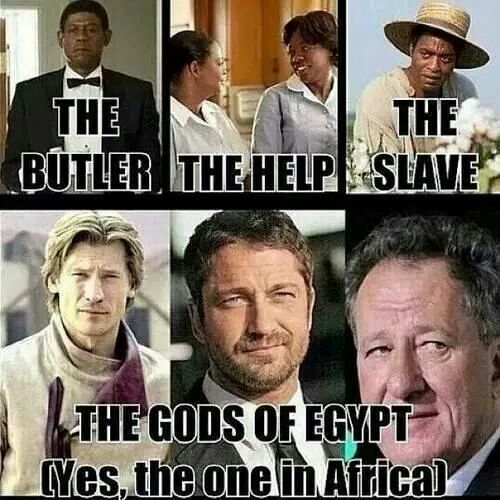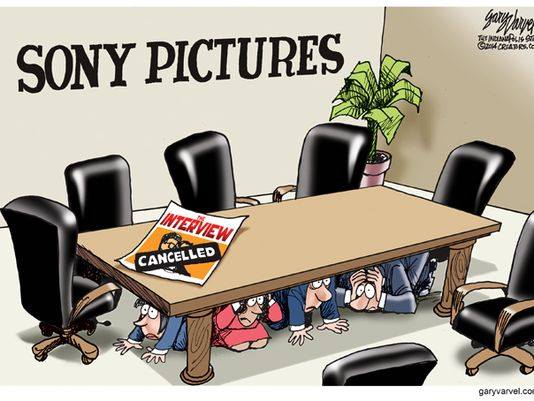
A movie, starring Seth Rogan and James Franco, satirizing the North Korean dictator, Kim Jong-Un, and a plan to assassinate the leader, *recently created quite a stir in the media and in global affairs. The Interview was set to release on Christmas Eve 2014, but due to a mass hack of Sony Pictures’ private information exactly one month before The Interview’s release date, the movie’s premiere was cancelled. Although, eventually, Sony decided to show the movie in the select theaters that would agree to it and it has since been released on DVD and on Netflix, this incident caused an uproar of controversy in the U.S. and even made its way to news publications around the globe.
The cancelled release date of a Seth Rogan comedy was discussed by news networks, late night comedy television, and even the President of the United States. Not only were the (supposed) North Korean threats that coincided with the illegal hack considered an act of terrorism, but many felt as though the censorship of the blockbuster by Sony Pictures was a violation of first amendment rights. The American public voiced mixed opinions about the issue as did the media, A-list celebrities, and the government, but it seems as though the overwhelming opinion was that the self-censorship of the movie gave the impression that the American people were willing to cooperate with terrorist threats and obey the commands of foreign dictators.
While I agree with this idea that the censorship of a movie by order of a foreign government sends the wrong message, I feel as though this controversy did not, at the time, bring up the complete conversation that it should have. Sony claimed that they decided to cancel the release because too many movie theaters had informed the company that they would refuse to show The Interview, but it is not outrageous to believe that Sony also cancelled due to the fear of more foreign retaliation. This reasoning, although it sends an inappropriate message of fear and compliance to terrorists, is more valid that many other excuses for censorship of the arts in the U.S.. This instance of censorship was sensationalized by the media because of its correlation to North Korea and leaked secrets about the celebrities that Americans hold so dearly, George Clooney, Angelina Jolie, Jennifer Lawrence, etc., but what about the wrongful censorship of other arts? This same year, Bill Cosby faced allegations of sexual assault and was put on trial. During this time, reruns of the famous Cosby Show, which depicted family values and an overall wholesome message, were taken off the screen. This censorship, however, was not widely denounced. The Cosby Show is just one example of censorship, but everyday we are shielded from art that others deem unacceptable. Censorship is not a topic that should be saved for incidents involving an offended celebrity. We should be protecting our rights as Americans, as art viewers, and as artists on a much more regular basis.

